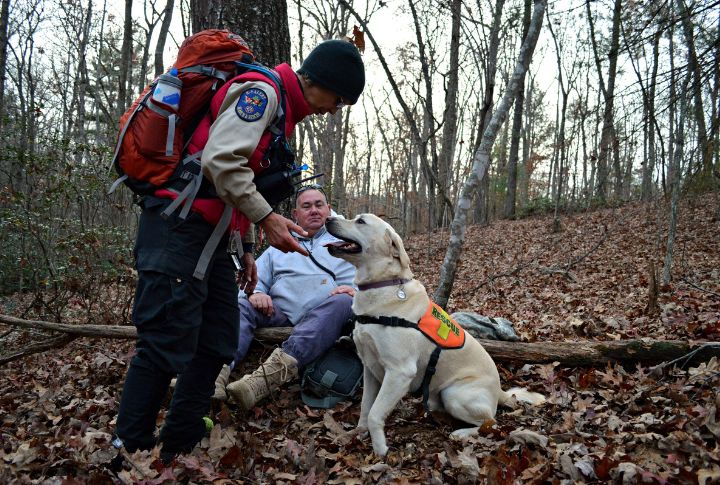15 Jobs Where Dogs Use Their Amazing Smell Skills
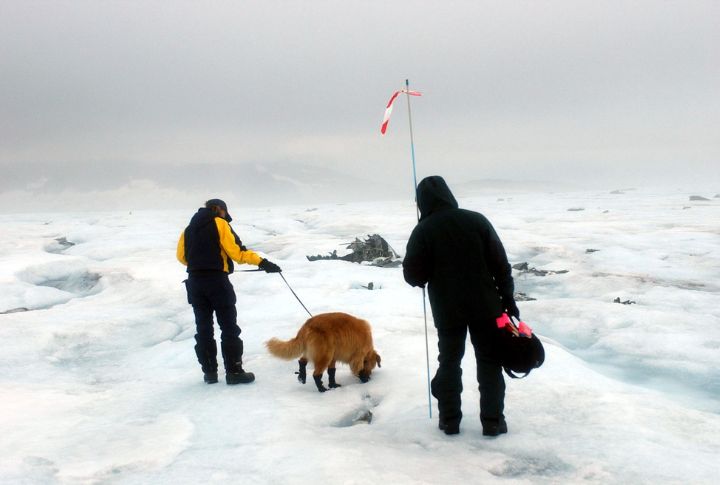
Dogs have an impressive superpower right under their nose. With a sense of smell that can be up to 100,000 times stronger than ours, it’s no wonder they’re being hired for some of the strangest, most extraordinary jobs out there. Here are 15 fantastic jobs dogs can do with their smelling abilities.
Bed Bug Sniffer
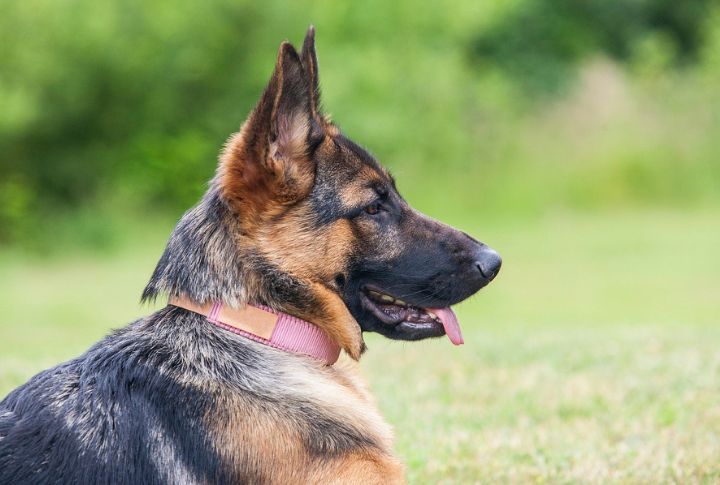
When bed bugs invade, they’re nearly impossible to detect with a human eye, which makes canine detection invaluable. Within minutes, specially trained dogs can locate the exact areas of infestation or contamination, which helps pest control experts target the problem quickly without wasting time and resources in eliminating the pests.
Finding Whales
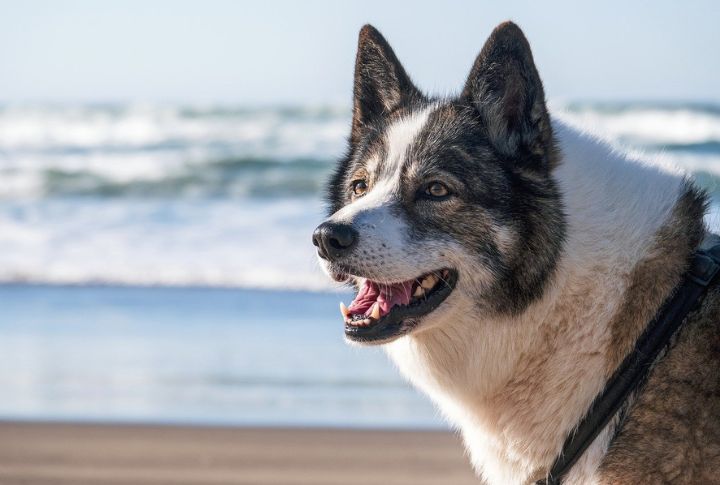
Environmentalists and scientists collaborate with trained dogs to track essential data on whale populations worldwide. Some canines are specially trained to discover whale feces with remarkable accuracy. Despite the droppings floating briefly before sinking, these dogs can detect them from miles away, leading their handlers with impressive precision.
Identifying Criminals with Scent Lineups
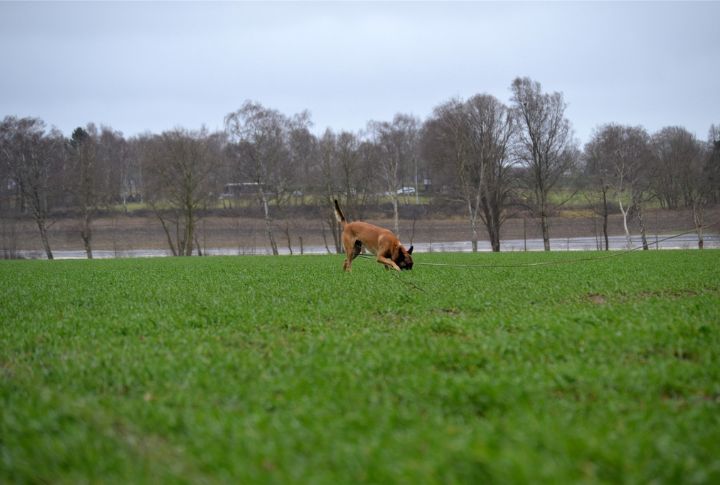
According to a National Library of Medicine study, trained dogs can accurately match human scents from crime scenes to suspects with up to 95% accuracy. Their remarkable sense of smell makes them valuable in law enforcement, providing reliable evidence that stands up in court and helping solve crimes effectively and efficiently.
Search and Rescue Dog
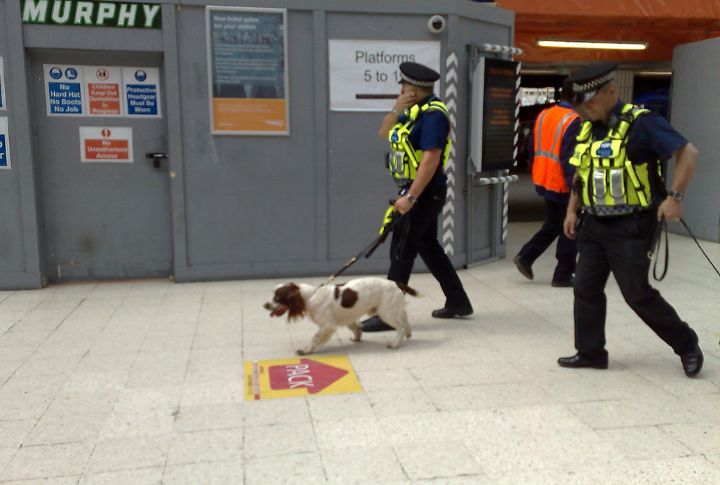
In times of disaster, search and rescue dogs play an essential role in locating missing persons. With their acute sense of smell, these brave canines can locate missing people trapped under rubble or lost in the wilderness, tirelessly working alongside first responders to bring hope and safety.
Arson Detection
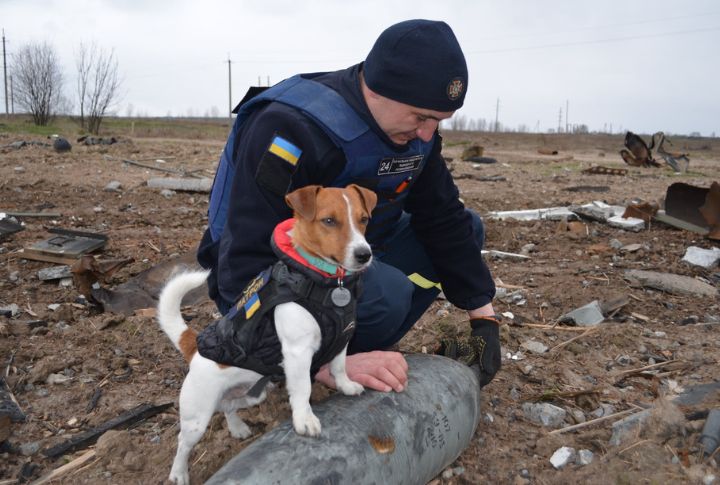
Dogs trained to detect accelerants like gasoline are essential to fire investigations. These canine experts can sniff out trace amounts of flammable substances, even after a blaze. This ability provides investigators with essential evidence to determine if a fire was intentionally set, which might otherwise be overlooked.
Drug Detector
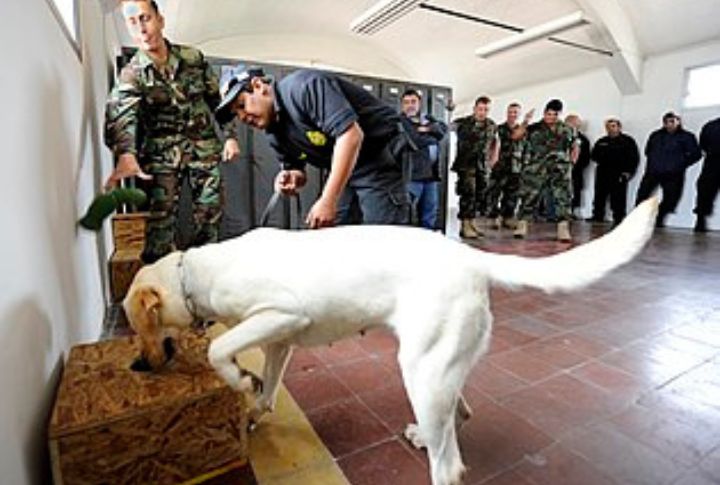
Law enforcement agencies use dogs to detect illegal substances in various settings, from airports to schools. Specially trained canines can spot drugs hidden in luggage, vehicles, or even on individuals. Their ability to detect even the most minor amounts of narcotics is vital in combating drug trafficking and keeping communities safe.
Bomb-Sniffing
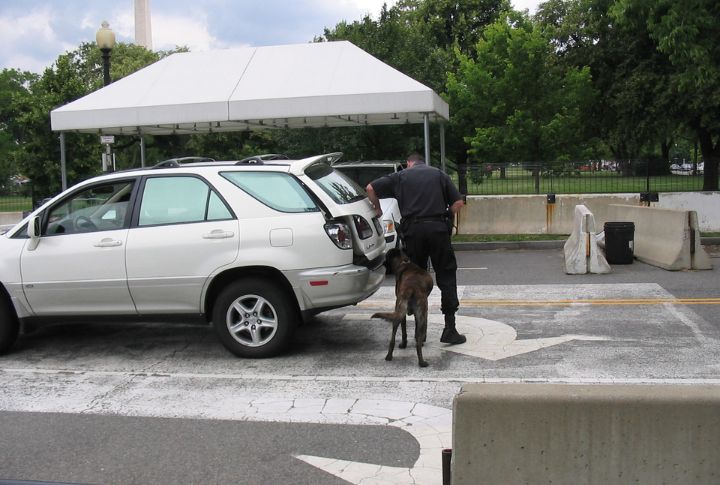
Trained bomb-sniffing dogs possess an extraordinary ability to detect explosives, even in trace amounts. Deployed in high-risk areas like airports, public events, and military operations, they ensure public safety by identifying hidden threats. Their finely tuned noses detect undetectable chemicals to humans and help prevent potentially devastating explosions before they strike.
Diabetes Alert
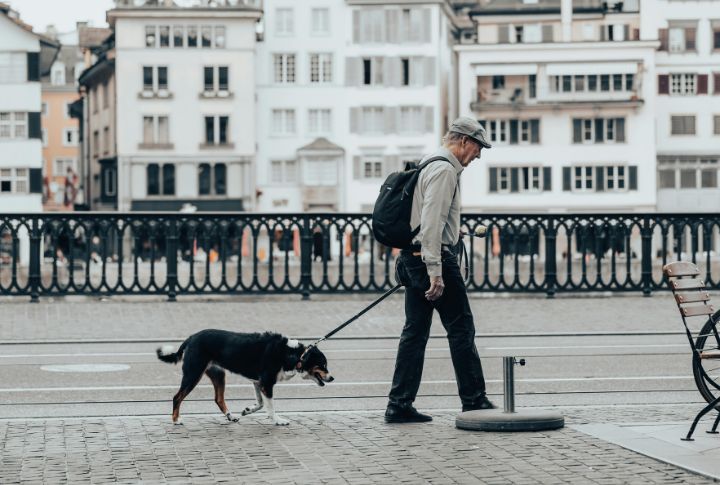
Dogs aren’t just companions. They can be lifesavers, too! Some canines are trained to discover changes in their owner’s blood sugar levels, specifically for people with diabetes. By sniffing out subtle shifts in body chemistry, these dogs can warn their humans when blood sugar levels are too high or too low.
Sniffing Out Cybercrimes
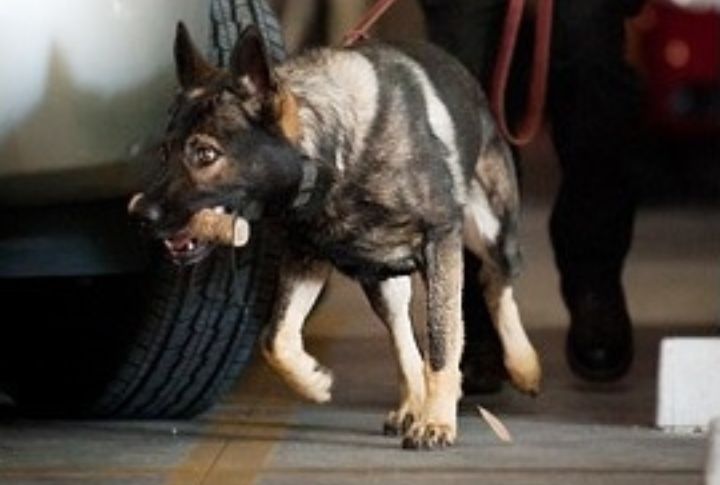
If you think pets can’t fight cybercrime, read this! Electronic Storage Detection (ESD) dogs can sniff out the faint scent of circuit boards and storage devices, even when turned off. These hounds help law enforcement find hidden electronics used in criminal activities, such as data theft or illegal content.
Agricultural Detection
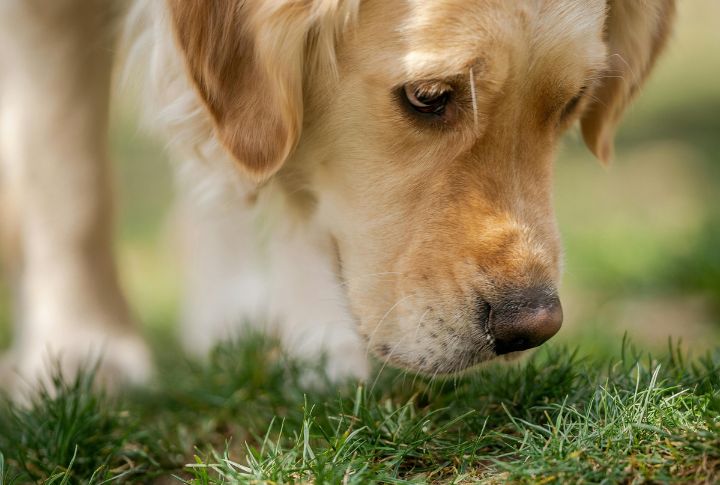
Highly trained dogs assist farmers and agricultural officials by detecting harmful pests and crop diseases. Their nostrils are trained to detect invasive insects such as brown marmorated stink bugs that can destroy crops. By identifying threats early, agricultural detection dogs help protect food supplies and ensure crops remain healthy and abundant.
Archaeological Artifact Sniffer
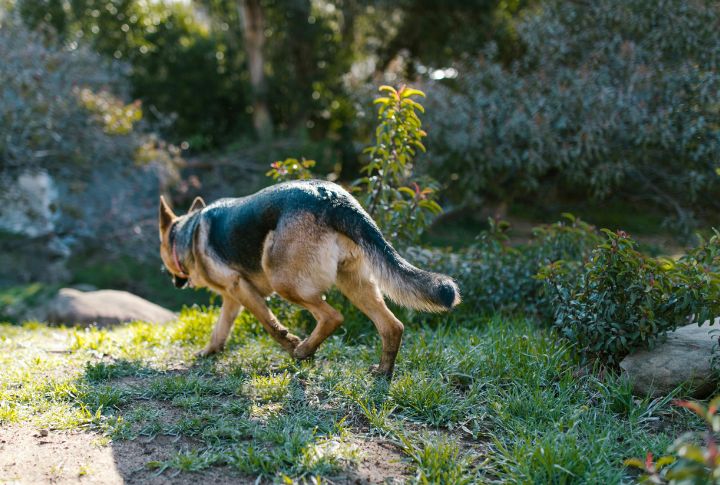
Digging through ancient ruins isn’t just for humans; pooches lend their noses to the task, too. If trained to detect artifacts such as bones and pottery, they can assist in uncovering treasures buried beneath the soil. Beyond marking sites, they help preserve cultural heritage by tracking smugglers trying to steal historical artifacts.
Cancer Detection
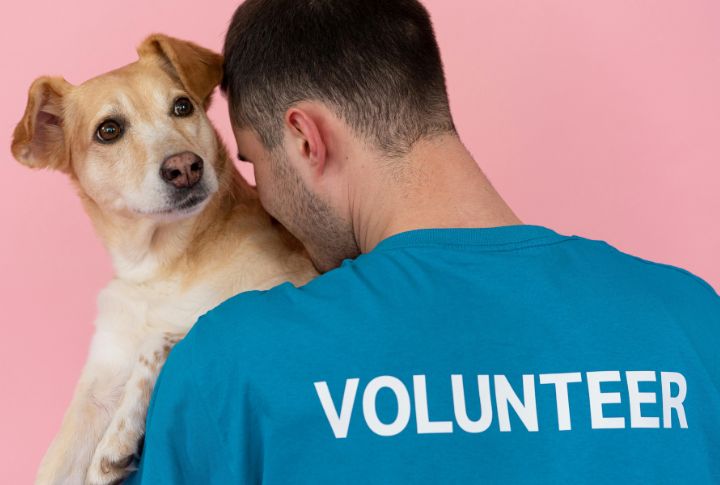
Certified dogs can detect unique scent signatures of cancers in the lungs, ovaries, and skin. A study from Science Direct shows they identify mammary gland cancer with 88% accuracy and lung cancer with 99%. These remarkable abilities inspire medical professionals to develop affordable, non-invasive screening methods that could transform healthcare.
Sniffing Out Pollutant
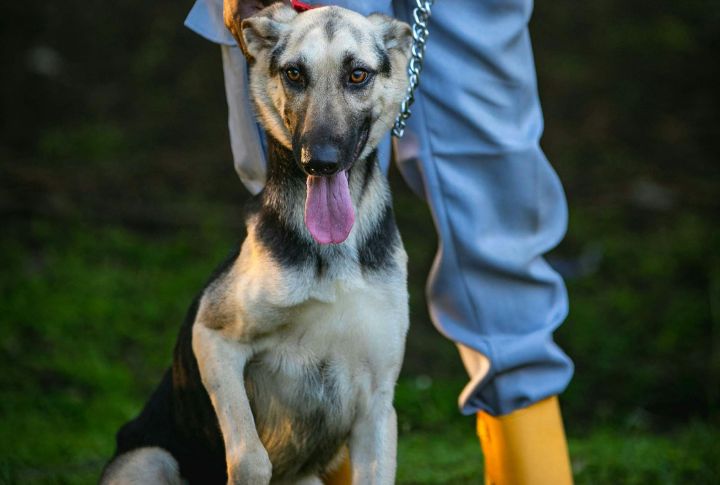
Trained dogs play a key role in maintaining public health by detecting chemical leaks and faulty pipes in underground sewer systems. From raw sewage spills to illegal pipe connections, they identify problems quickly, allowing teams to act fast. And as indispensable allies for environmental crews, they help protect the environment and water from contamination.
Wine Inspection
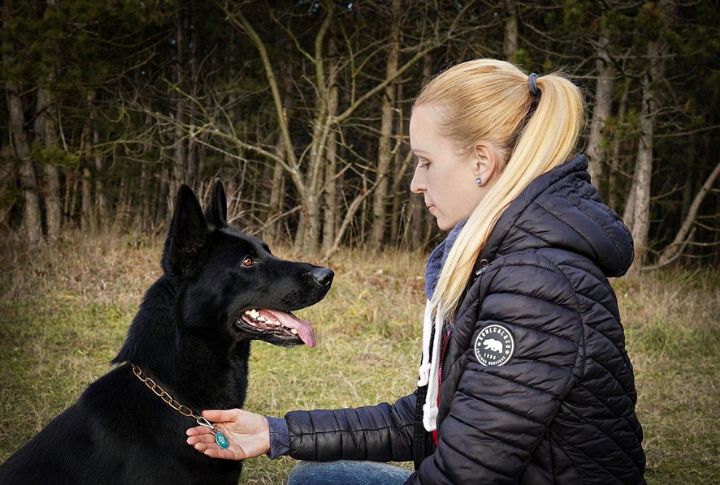
It may sound unbelievable, but dogs at wineries play a vital role in ensuring wine quality. Trained to detect chemical compounds that can spoil the flavor, these furry inspectors are invaluable. With thousands of barrels to check, winemakers trust their keen noses to ensure that only the finest wine reaches your glass
Tracking Poachers to Protect Wildlife
